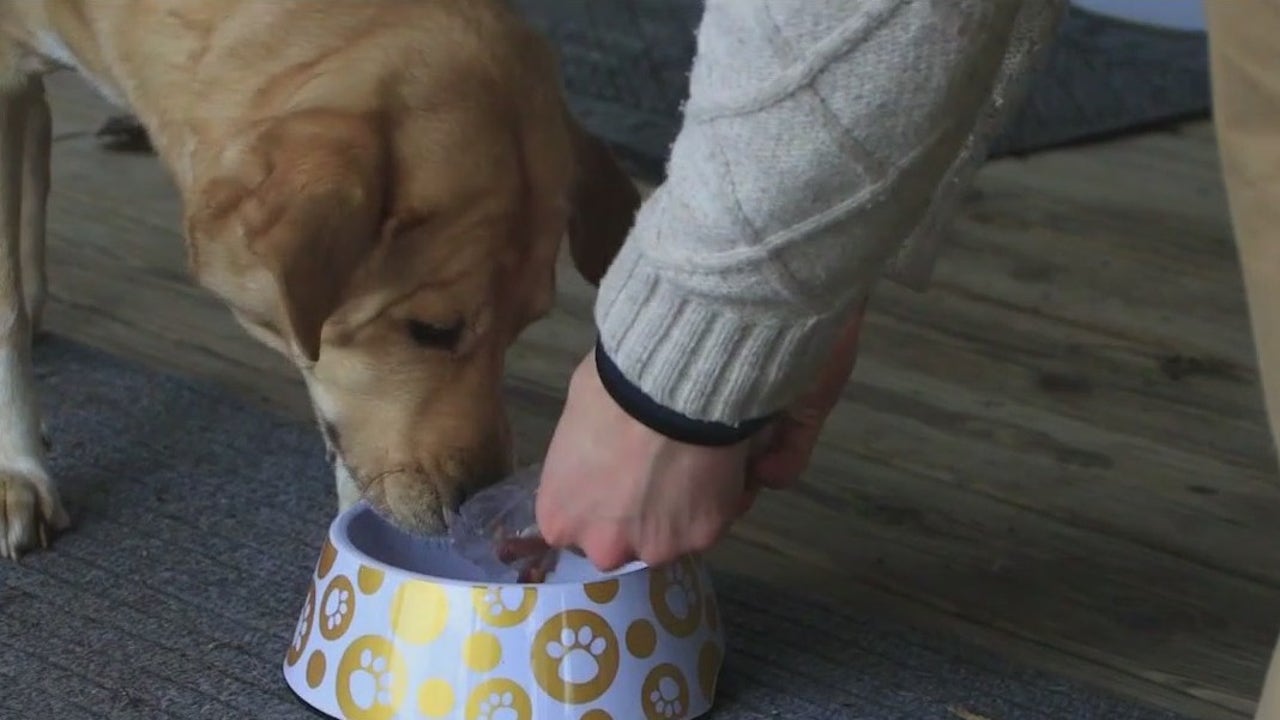Kelly Cairns, DVM, MS, DACVIM (Small Animal Internal Medicine) | Source | Vice President of Medical Excellence and Education at Thrive Pet Healthcare

Kelly Cairns, DVM, MS, DACVIM (Small Animal Internal Medicine)
Dr. Kelly Cairns is the Vice President of Medical Excellence and Education at Thrive Pet Healthcare. She holds a Doctor of Veterinary Medicine degree from Colorado State University and completed a small animal rotating internship at Cornell University. Following this, she finished a small animal internal medicine residency at The Ohio State University, achieving Diplomate status as a board-certified small animal internal medicine specialist. Dr. Cairns also serves as an adjunct faculty member at Lincoln Memorial University College of Veterinary Medicine and holds positions on the Chicago Veterinary Medical Association Board of Directors the dvm360 editorial board and the Wedgewood advisory board. With a focus on profession-related wellness, leadership coaching, veterinary education models, and internal medicine, Dr. Cairns is committed to fostering the growth, success and happiness of veterinary professionals worldwide.
-

Thrive Pet Healthcare
Vice President of Medical Excellence and Education
-
Heat Wave Warning Issued to Pet Owners
"Heat-related emergencies can sneak up on pet owners. By the time the warning signs become obvious, it's a life-threatening situation," Dr. Kelly Cairns, vice president of medical excellence and education at Thrive Pet Healthcare, told Newsweek.
Article -
Is it safe for pets to eat cicadas? Experts have answers as 17-year cicada season nears
With this emergence, Illinois will see more cicadas than anywhere else in the country this spring. One question keeps coming up: How do creepy crawlers mix with furry friends, and what do pet owners need to know about the swarms expected everywhere?
Video -
Pet food revolution: Fresh ingredients and human grade standards on the rise
In a FOX 32 Special Report, Scott Schneider went behind the scenes at a busy kitchen in Chicago's Lincoln Park neighborhood where the freshest ingredients compliment balanced recipes for a discerning clientele.
Video
-
"Heat-related emergencies can sneak up on pet owners," Dr. Kelly Cairns, vice president of medical excellence and education at Thrive Pet Healthcare, told Newsweek. "By the time the warning signs become obvious, it's a life-threatening situation."
"Never leave your pet alone in a parked vehicle. Even with the windows down, a car can quickly turn into an oven," Cairns said. "Also, leaving the air conditioning running is risky because the air-conditioning system could fail. It's best to take your pet inside with you or leave your pet at home."



